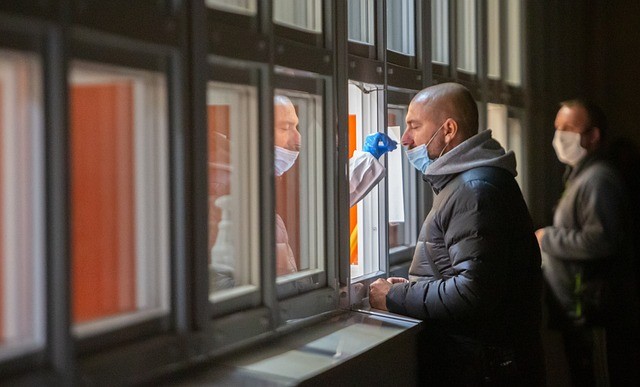Antibodies, also known as immunoglobulins (Ig), are a critical component of the immune system’s defense against infections. They are protein molecules produced by specialized white blood cells called B cells. Antibodies play a central role in recognizing, neutralizing, and eliminating pathogens such as bacteria, viruses, and other foreign substances. Here’s an overview of their role in immune system defense:
1. Antigen Recognition:
– Antigens are molecules found on the surface of pathogens or foreign substances that trigger an immune response. Antibodies have a specific structure that allows them to recognize and bind to specific antigens.
– Each B cell is programmed to produce antibodies with a unique binding site that matches a particular antigen. This diversity enables the immune system to respond to a wide range of pathogens.
2. Antibody Production:
– When the immune system encounters a new antigen, B cells are activated to produce antibodies against it. This process is called antibody synthesis.
– B cells undergo clonal expansion, leading to the production of a large number of identical antibodies that can target the same antigen.
3. Neutralization:
– Antibodies can neutralize pathogens by binding to their antigens and preventing them from entering or infecting host cells. This can inhibit the pathogen’s ability to cause harm.
– For example, antibodies can neutralize viruses by binding to viral particles and preventing them from attaching to and entering host cells.
4. Opsonization:
– Antibodies can enhance the immune response through opsonization. They bind to pathogens and mark them for destruction by immune cells, such as macrophages and neutrophils, which engulf and digest the opsonized pathogens.
5. Agglutination:
– Antibodies can cause pathogens to clump together in a process called agglutination. This makes it easier for immune cells to recognize and eliminate the larger clusters of pathogens.
6. Activation of Complement System:
– Antibodies can trigger the complement system, a group of proteins that work together to destroy pathogens. This leads to the formation of pores in the pathogen’s membrane, causing cell lysis and destruction.
7. Memory and Long-Term Protection:
– After an initial immune response to an antigen, some B cells become memory B cells. These cells “remember” the antigen and remain in the body for a long time.
– If the same antigen is encountered again, memory B cells can rapidly produce a robust antibody response, providing faster and stronger protection against reinfection.
8. Adaptive Immunity:
– Antibodies are a key component of adaptive immunity, the branch of the immune system that develops over time in response to specific antigens.
– Unlike innate immunity, which provides immediate but general protection, adaptive immunity confers a more targeted and long-lasting defense against specific pathogens.
In summary, antibodies play a crucial role in the immune system’s defense against infections. Through their ability to recognize and bind to specific antigens, antibodies neutralize pathogens, mark them for destruction, and activate various immune responses. The diversity and specificity of antibodies contribute to the immune system’s remarkable ability to provide protection against a wide range of pathogens.










